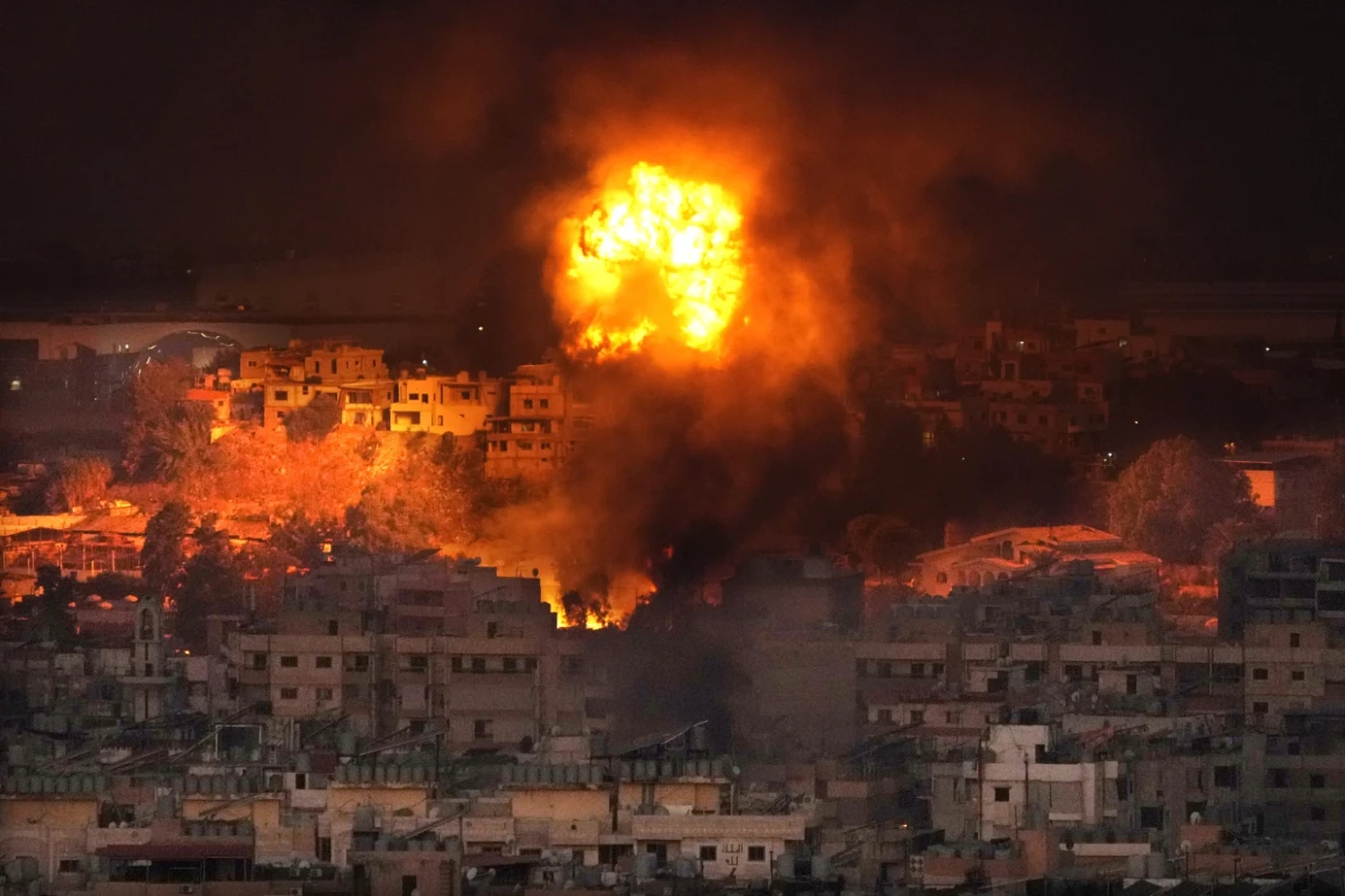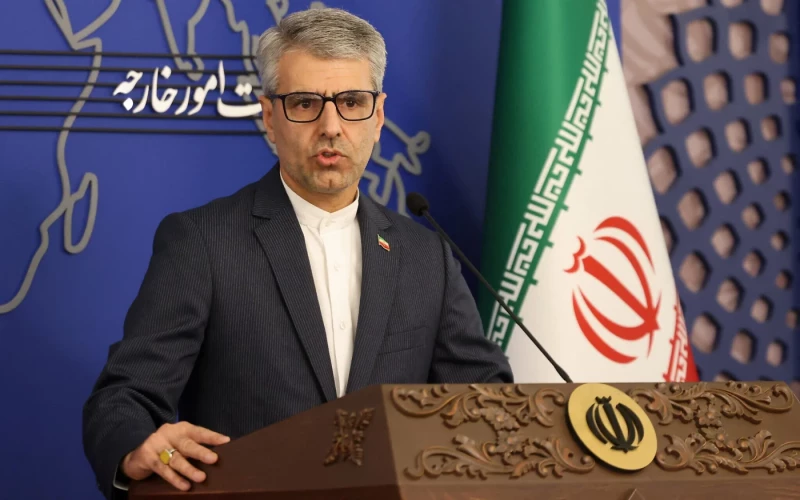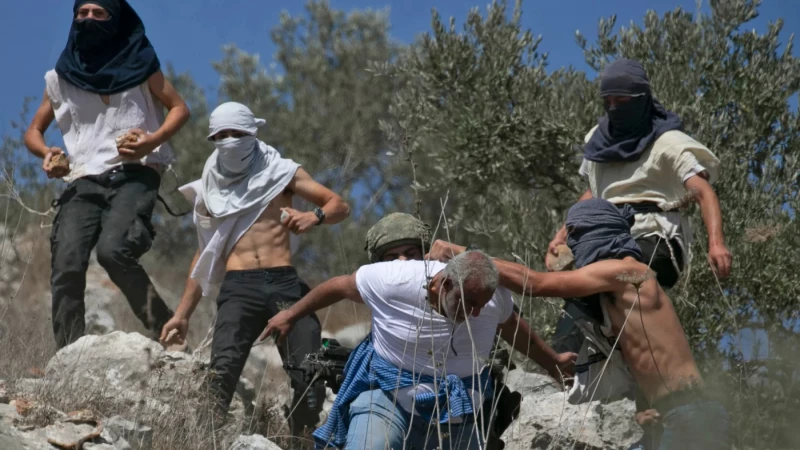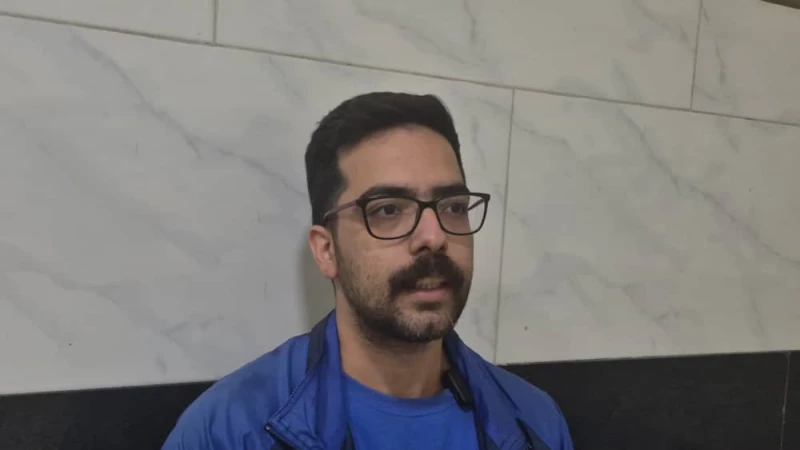UAE, Dubai - In a series of severe escalations, the Israeli army launched multiple airstrikes targeting Beirut's southern suburbs on Friday, prompting counterstrikes from the Lebanese Hezbollah and Iran-backed Iraqi armed groups.
According to Lebanese media outlets, the strikes destroyed several buildings in the densely populated area of Haret Hreik, resulting in significant casualties and mass destruction. A large number of ambulances and civil defense teams rushed to the scene to rescue of those trapped under the rubble and control the blazes.
At least seven structures in the area have reportedly been destroyed as a result of the strikes.
At least eight bodies have been recovered from the rubble. Many residents are still unaccounted for, raising concerns over additional casualties. According to the Lebanese Ministry of Health, at least four people were killed and 17 others injured in a separate airstrike in the Chouf region.
Lebanese Prime Minister Najib Mikati condemned the attacks, urging the international community to intervene and put a stop to what he described as Israel's "genocidal war" on his country. He criticized Israel for disregarding international calls for a ceasefire, emphasizing that the ongoing assaults demonstrate the lack of commitment to peace negotiations.
Amid heightened alert levels, Israeli media has reported that public bomb shelters have been opened across central Israel, including in Tel Aviv. The Israeli military is purportedly preparing for possible retaliatory strikes from Hezbollah.
In response to the airstrikes, Hezbollah launched multiple rocket attacks targeting Karmiel and Sa’ar areas in northern Israel. The group states that its attacks on Israel are in solidarity with the Palestinian cause and in defense of Lebanon.
The conflict has also drawn reactions from various Palestinian armed groups. The Islamic Jihad condemned the strikes on Lebanon, warning Israel that it will "pay the price" for its crimes. Similarly, Hamas decried the attacks and praised the “resilience” of the Lebanese people, while the Iranian Embassy in Beirut labeled the Israeli aggression a dangerous escalation that changes the "rules of the game."
Adding to the regional response, the Iraqi Islamic Resistance also announced multiple retaliatory strikes. The group claimed responsibility for four separate drone strikes in the early hours of Saturday, targeted “vital” military installations in Israel’s north, south, and the Golan Heights.
The group emphasized that these operations were carried out in response to the “Israeli massacres against civilians in Lebanon and Palestine.” The Iraqi Islamic Resistance pledged to continue striking Israeli positions at an increasing pace until the aggression is halted.
Josep Borrell, the European Union's foreign affairs chief, expressed frustration over the inability to achieve a truce between Israel and Hamas, telling reporters “What we do is to put all diplomatic pressure to a ceasefire, but nobody seems to be able to stop Netanyahu."
"We cannot rely just on the US. The US tried several times; they didn't succeed," he added.
An international effort, led by the United States and France, has called for an immediate ceasefire on the Israel-Lebanon border, as the recent escalation of tensions between the Israeli military and Hezbollah threatens “a much broader conflict.”
The proposed 21-day truce has so far been endorsed by 11 countries and the European Union.
Israeli air raids extended beyond Beirut, targeting southern Lebanese towns such as Kfar Kila, Majdal Zoun, Aytit, and areas along the Litani River, further intensifying the violence. Despite Israeli claims that the attacks were aimed at military infrastructure, Hezbollah denied allegations of storing weapons in civilian buildings, branding the strikes as baseless and an attack on innocent civilians.



 Facebook
Facebook
 LinkedIn
LinkedIn
 Telegram
Telegram
 X
X


